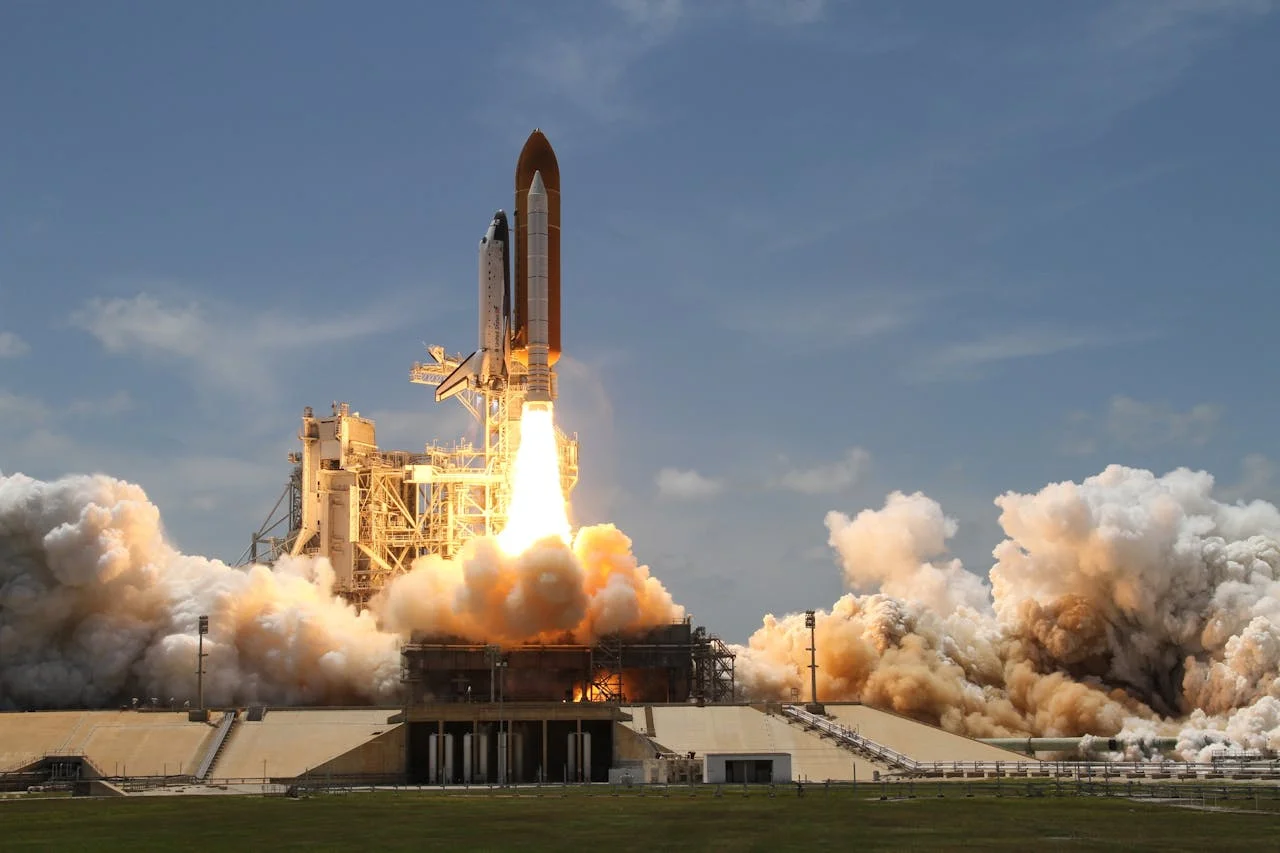Space exploration is one of humanity’s most ambitious and inspiring endeavors, extending beyond the confines of our planet and into the vast expanse of the cosmos. Over the decades, our efforts to explore space have yielded extraordinary discoveries, driven technological advancements, and fostered international collaboration. As we look to the future, the impact of space exploration promises to shape not only our understanding of the universe but also the trajectory of human progress.
The Genesis of Space Exploration
The modern era of space exploration began with the launch of Sputnik 1 by the Soviet Union in 1957. This first artificial satellite orbited Earth, marking a milestone in human achievement and igniting the space race. The subsequent launch of Explorer 1 by the United States in 1958 confirmed the presence of the Van Allen radiation belts, providing crucial insights into Earth’s magnetosphere.
The 1960s saw monumental achievements with NASA’s Apollo program. In 1969, Apollo 11’s lunar landing was a defining moment for humanity. Neil Armstrong and Buzz Aldrin’s historic walk on the Moon not only demonstrated technological prowess but also symbolized the boundless potential of human exploration. This era established space exploration as a field capable of producing groundbreaking scientific and cultural achievements.
Contemporary Advancements in Space Exploration
The last few decades have seen unprecedented progress in space exploration, driven by both government agencies and private enterprises. The International Space Station (ISS), launched in 1998, represents a major collaborative effort involving NASA, Roscosmos, ESA, JAXA, and CSA. It serves as a laboratory for scientific research in microgravity, fostering international cooperation and advancing our understanding of space science.
Robotic missions have also expanded our knowledge of the solar system. NASA’s Hubble Space Telescope, operational since 1990, has provided stunning images of distant galaxies and contributed to our understanding of cosmic phenomena, such as black holes and dark matter. Similarly, rovers like Curiosity and Perseverance have been exploring Mars, searching for signs of past life and evaluating the planet’s habitability for future human missions.
The Horizon of Future Space Exploration
Looking forward, the future of space exploration is marked by ambitious projects and technological innovations. NASA’s Artemis program aims to return humans to the Moon by the mid-2020s, with the goal of establishing a sustainable presence and using the Moon as a stepping stone for deeper space exploration. The program plans to develop new technologies and infrastructure that will support future missions to Mars and beyond.
Private companies are also playing a pivotal role in shaping the future of space exploration. SpaceX, founded by Elon Musk, has made significant strides with its reusable Falcon rockets and the development of the Starship spacecraft. These advancements promise to reduce the cost of space travel and facilitate missions to other planets.
Moreover, the exploration of asteroids and other celestial bodies is gaining momentum. Missions like NASA’s OSIRIS-REx, which successfully collected samples from the asteroid Bennu, offer insights into the early solar system and potential resources that could be utilized in space.
Challenges and Ethical Considerations
Despite the exciting prospects, space exploration comes with challenges. The high cost of missions, the harsh conditions of space, and the need for advanced technology to ensure astronaut safety are significant hurdles. Additionally, ethical considerations regarding the environmental impact of space activities and the potential for space resource utilization must be addressed.
Conclusion
Space exploration remains a testament to human ingenuity and curiosity. From its early milestones to the sophisticated missions of today, our journey into the cosmos continues to redefine the boundaries of what is possible. As we advance into the future, the exploration of space promises to unveil new frontiers, inspire future generations, and enhance our understanding of the universe. The transformative power of space exploration extends far beyond scientific discovery, driving technological progress and fostering a sense of wonder about our place in the cosmos.





















